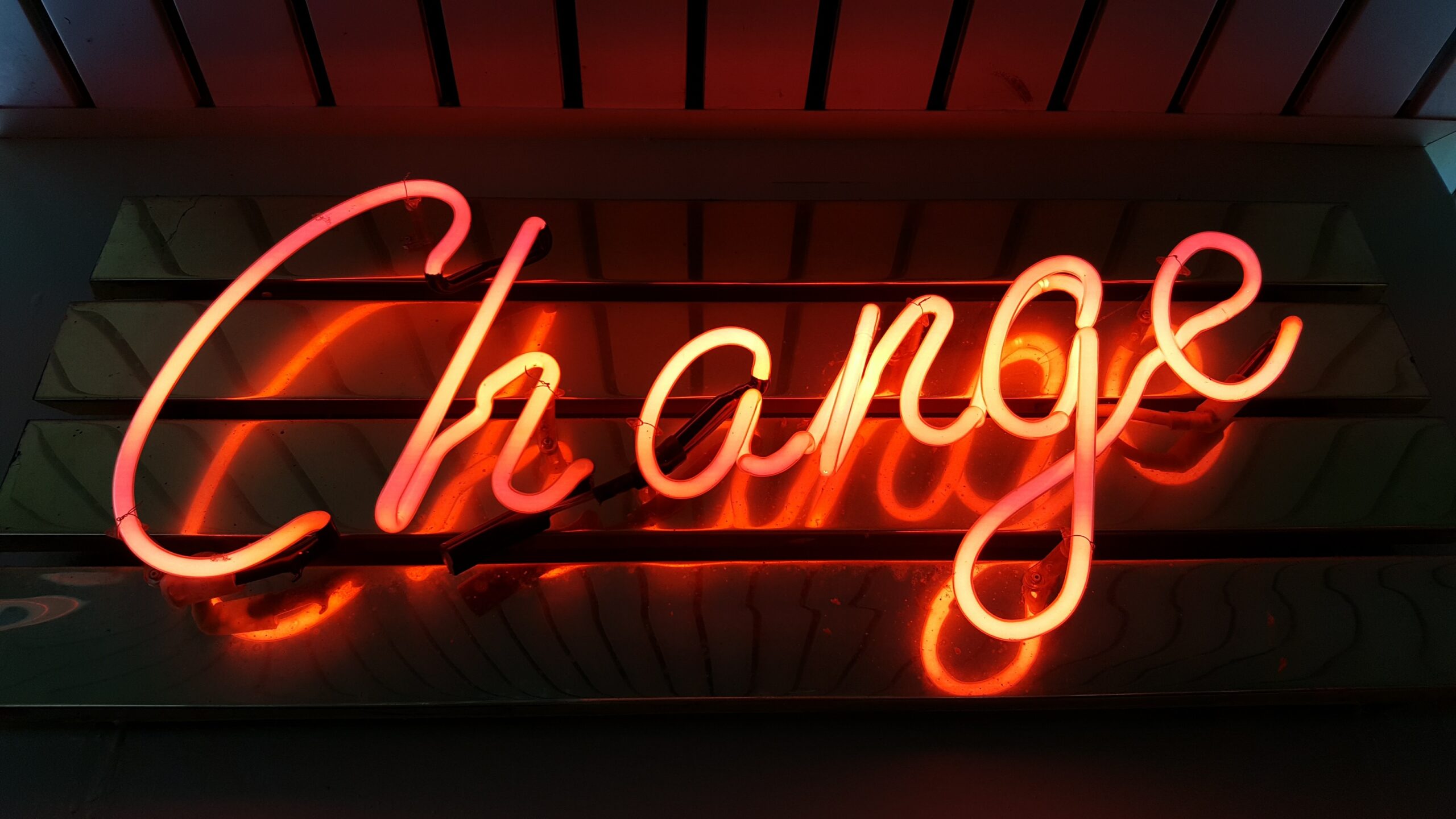More often than not, the answer is not a simple one. Whether it’s ourselves or our clients, changing jobs, habits, behaviours or beliefs which we have had for a lifetime, is one thing, but just making the decision to change can be torture. As a coach I became fascinated in the concept of decisional balance, as a simple(ish) way of seeing whether change was likely or not. I use it in my own reflections when I realise that I am not doing what I say I want to do/change.
Decisional balance seems fairly straight forward:
Do the reasons for making the change, outweigh the reasons for not changing?
If they don’t, we are unlikely to make the change we espouse. Sounds fairly straight forward yes? It’s a bit like making one of those lists where you put all the positives on one side and the negatives on the other side when trying to figure the best thing to do.
However, when coaching someone, we ask more curious questions and investigate the subtleties of each factor, as they are rarely cut and dried. As coaches we seek to make the unconscious drivers, conscious, well enough to at least start a process of deep enquiry and reflection.
For example, you could just ask someone about the benefits of changing, for example “Think how good it will be when you stop procrastinating and start putting your business plan into action”.The immediate answers will probably be positives like “yes, I will really start to see things move” or “I will start to fill more fulfilled” or “yes, my stress levels will start to drop, knowing I can leave my job”
But consider some other enquiries such as:
“What are the benefits of not moving your plans forward?”
Ask this sort of question and you start to really get to the weight keeping the decisional balance in the negative.
“well, I don’t have to risk failing…I don’t have to leave my friends at work or feel I am betraying them…I can keep dreaming and coming up with ideas, because I really enjoy that…I don’t have to do all that boring business stuff…it’s easier to just get paid each month and not have to worry about it…”
I could go on for a long time. We rarely look at the reasons for not doing something and people around us often get frustrated as they hear us moaning “I want to do this thing” and then we don’t.
And what about this sort of question:
“What happens internally (your body/senses) when you think about taking action?”
Again, in normal conversation we rarely notice or ask what our body has to say. Most of my clients will say they get a funny, knotty, sicky, stuck, pain, block in their tummy/head/throat or somewhere else.
“and what do you think that sensation is telling you?”
Sometimes it’s trepidation and excitement or yearning, but often it’s fear, upset, worry or a deep held memory of something unpleasant that its being revisited when they think about taking action.
Other enquiries might include this one, which has to be used with caution…
“and when you are 80…90 years old, what do you want to look back on and say about your work/ life?”
If something is really at the heart of who we are and we want our work/life to express, this sort of question can be really helpful. It also speaks to the acceptance of what we need to tackle or go through, if we want to change something very important to us. You could scale it back too! I had a vision of what I wanted to be like at 50, which is not long away now. It has been sobering reflecting on what I need to do now, if that vision still holds true for me.
To me, coaching as an occupational therapist is about having powerful conversations with our clients, to help them make conscious, occupational change. Understanding our occupational choices and all that encompasses is really important. It might be a smallish change such as a new hobby or daily routine, but these changes still have broader impact and can be difficult to do. It might be a big occupational change such as a change in work, shifting a role at home or something else. I really feel we owe it to our clients to them the best chance of success in making change work.
Jen


